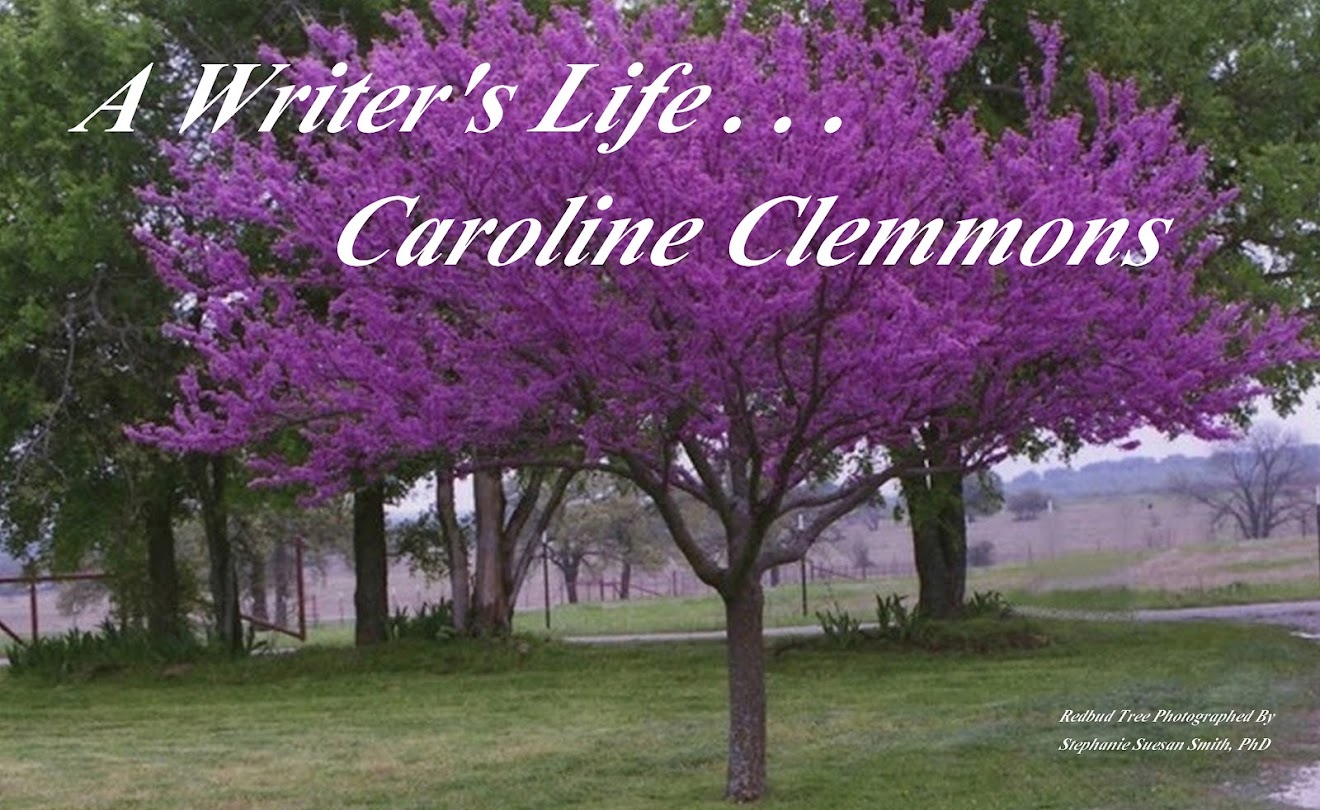FRONTIER WIFE, by Margaret Tanner, is a July release from The Wild Rose Press. In this story, Thomasina "Tommy" Lindsay arrives in Melbourne, Australia in the company of her two brothers. Her elder brother, David, was wounded in the Zulu Wars and left for dead, and is still frail from injuries received there. Her younger brother, Jamie, is only ten. Though she looks like a delicate English rose, Tommy leads the family unit. They've inherited eighty acres from their Uncle Henry, who died unexpectedly while they were in route to live with him after the deaths of their parents. They're penniless. Their only valuable posession--other than Uncle Henry's mediocre farm they've inherited--is a stallion that David believes will establish the Lindsays as horse breeders.
Adam Munro is the large landowner whose ranch rings their farm. He wants to buy them out because they have water he needs for his cattle and sheep ranch, especially now there's a terrible drought in the area. One look at the city-bred English Lindsays and he believes they'd be far better off selling to him and living in town--or returning to England. Munro is a harsh man, or so his reputation would lead one to believe. Yet he and the Lindays forge a tentative bond . . . not friendship, but a wary neighbor relationship.
Will David Lindsay gain enough strength to raise horses? Will Adam Munro drive the Lindsays off their land. Can the Lindays withstand the rigors of colonial life?
I thoroughly enjoyed FRONTIER WIFE. Margaret Tanner's writing paints a clear picture of Australian colonial life. The life is so similar to the tales I love of western United States ranches, that it was easy for me to identify with both the Lindsays and with Adam Munro. The only two words that threw me were "slab house" and "squatters." From its usage, I believe "slab" refers to hand-planed wood timbers used to build a home, and not to concrete as we would use the word in the U.S. The term "squatter" is exactly opposite of the U.S. usage, which I found amusing. The emotions, the plot, and the characters are well written and kept me reading when I knew I should stop and get to sleep. I give this book a 5 out of 5.
One of the great things about this book was that I won my copy. Talk about lucky! The very day I planned to order FRONTIER WIFE, I received Margaret's email that I'd won a copy. .
~~~~~~~~~~
Margaret Tanner is an award winning multi-published Australian author. She loves delving into the pages of history as she carries out research for her historical romance novels, and prides herself on being historically correct. No book is too old or tattered for her to trawl through, no museum too dusty. Many of her novels have been inspired by true events, with one being written around the hardships and triumphs of her pioneering ancestors in frontier Australia. She once spent a couple of hours in an old goal cell so she could feel the chilling cold and fear. Her favorite historical period is the 1st World War, and she has visited the battlefields of Gallipoli, France and Belgium, a truly poignant experience.
Margaret is a member of the Romance Writers of Australia, the Melbourne Romance Writers Group (MRWG) and EPIC. She won the 2007 Author of the Year at AussieAuthors.com. She also won it for a 2nd time in 2010. The Trouble With Playboys, set during the 2nd World War, finished in 3rd place in the romance section of the Preditors and Editors Poll for 2010. Margaret and her husband have three grown sons and one granddaughter. You can learn about her other books at http://www.margarettanner.com/.


2 comments:
Thank you for your reivew. I had not heard of this author. Sounds like a great read.
Sue B
Caroline,
Thank you so much for your lovely review. I do appreciate you posting it on your blog and I am glad you enjoyed the book.
In early Australia, the squatters were the wealthy land/ranch owners.
And you are quite right, slab huts, are made from logs of wood split with an axe, and in many cases the roof was made from sheets of bark.
Regards
Margaret
Post a Comment